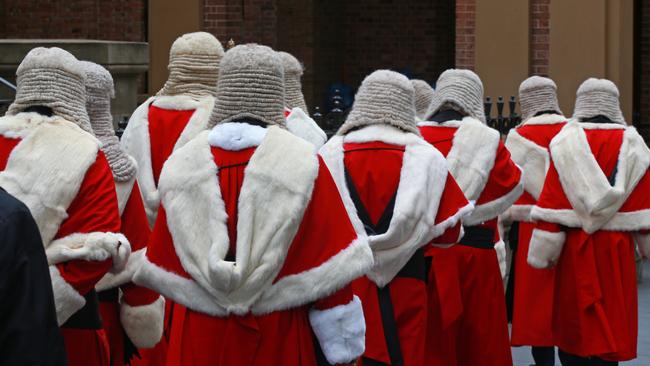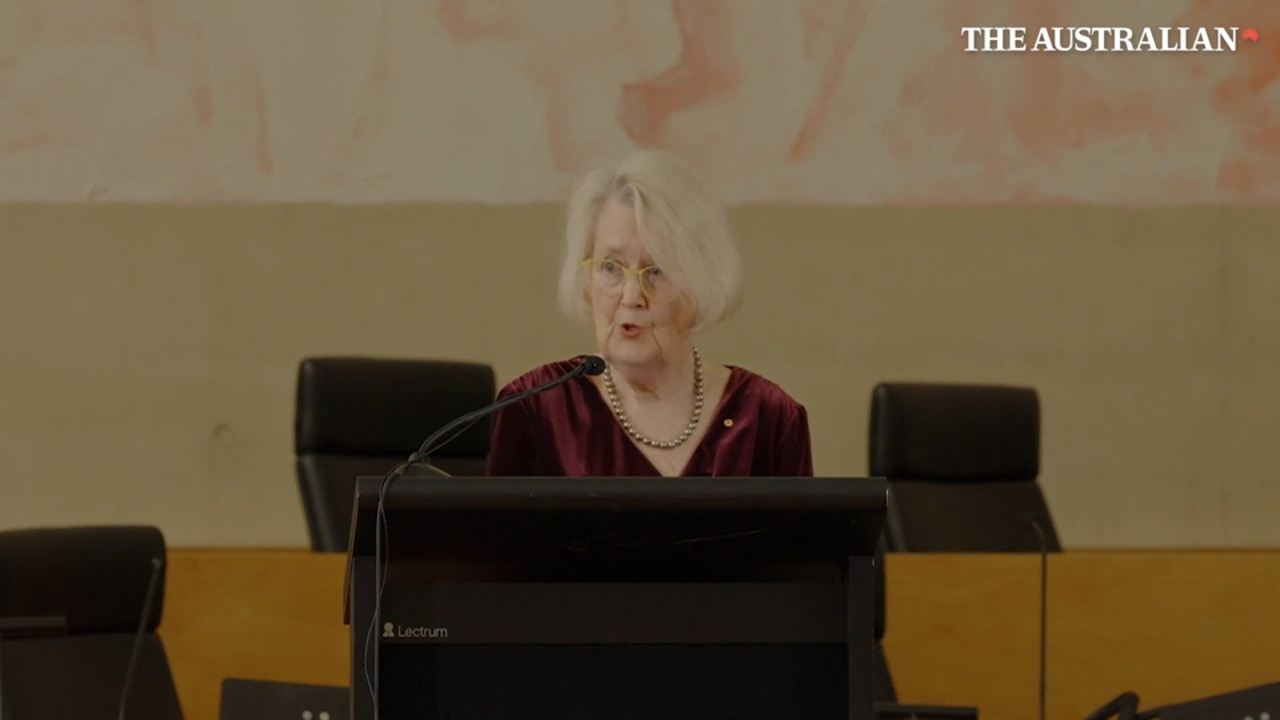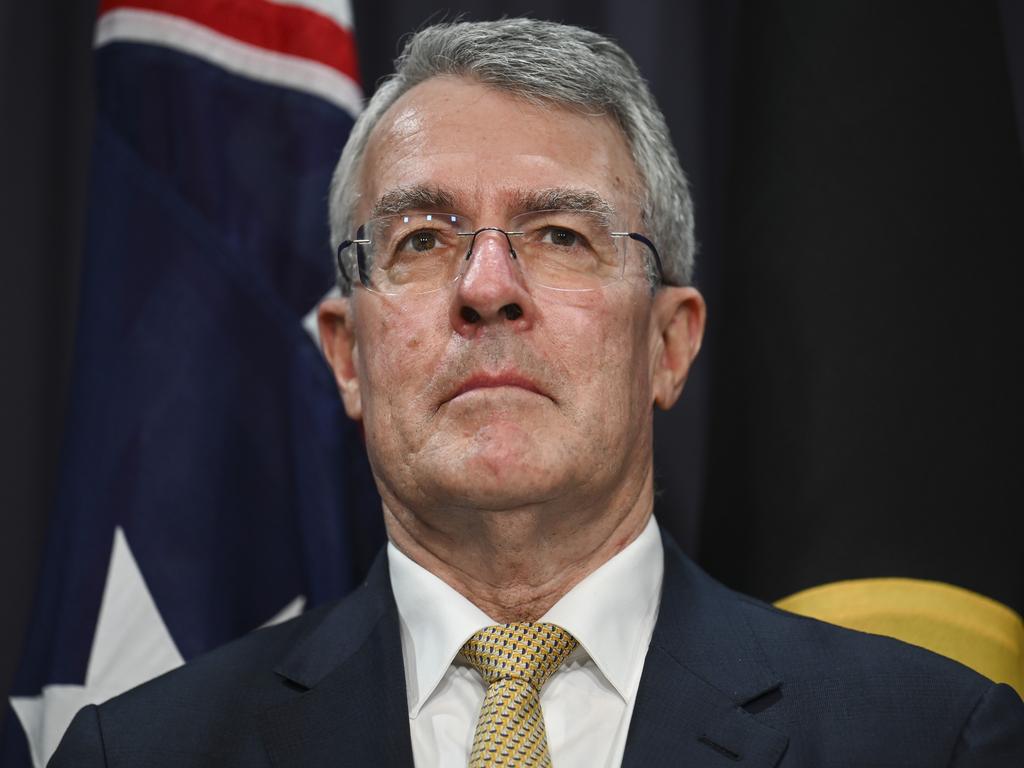New judicial guidebook: ‘Trauma’ guide for judges to go woke
Judges should be ‘culturally competent’ when dealing with Indigenous defendants, and consider ‘clear Islamic moral and ethical guidelines’ when ruling on cases that involve Muslims, says a new manual exploring ‘therapeutic jurisprudence’.

Judges should be “trauma-informed” when dealing with Indigenous defendants and consider the “pervasive intergenerational effects of settler-colonialism” when presiding over them in court, a new 200-page guidebook endorsed by the country’s peak judicial body says.
In a clear indication of changing attitudes to how justice should best be achieved, the manual also includes a lengthy section encouraging judges working in specialist courts to consider aspects of the Islamic faith that offer “clear moral and ethical guidelines” when ruling on cases that involve Muslim defendants.
It also notes Muslim defendants may have “a sense of personal responsibility to react to world events, in the context of religious injunctions to support others of the same faith”.
The manual, commissioned by the NSW judicial watchdog and endorsed by the Australasian Institute of Judicial Administration, explores the idea of “therapeutic jurisprudence” – which is a new approach to legal research with the goal of reforming the law so that it has a positive impact on the wellbeing of defendants.
It also focuses on the physical and emotional “self-care” of judges, with recommendations of herbal teas, exercise and meditation. It says by “incorporating a variety of self-care strategies” into a routine, judges can “promote overall wellbeing to help cope with a challenging workload”.
In a section titled “the importance of being culturally competent” the guide lists attributes and experiences of people with different backgrounds, and stresses that judicial officers should be “trauma-informed” when approaching defendants of varying cultures.
“This crucially includes an acknowledgment and understanding of a person’s individual and collective circumstances including the broader social, political and historical context,” the manual reads.
It says Indigenous communities are “still dealing with the pervasive intergenerational effects of settler-colonialism as well as the impact of successive generations of externally imposed government policies and discriminatory legislation which have marginalised, exploited, forced the removal of children and otherwise undermined First Nations communities”.
“The legacy of trauma and dispossession is interconnected with other aspects of First Nations disadvantage such as the disproportionately high incarceration rates for people both sentenced or on remand, substance abuse, social and economic disadvantage, poor mental and physical health and lower life expectancy and exposure to family violence,” the guide says.

The manual observes there is a “distrust of police, family and community services, health services and other non-Aboriginal-run services due to past and present policies that have caused significant trauma”.
“In terms of interactions with the criminal justice system, First Nations people are also significantly under-represented on juries in Australian criminal trials.”
Judges are instructed to prioritise “preserving positive connections and relationships with cultural and personal significance” when “planning orders in conjunction with any legislative framework”.
While the guide was created with specialist courts in mind – such as family violence, drug, mental health or Indigenous courts – the manual would be useful to “mainstream therapeutic interventions where appropriate”, including possibly family courts or civil courts.
Lawyer and psychologist Rhondda Waterworth, the author of the guide, said the techniques included were “designed to facilitate a different outcome for offenders, similar to a therapeutic engagement in any other setting, but with necessary limitations”.
The techniques included are “not designed for use in serious criminal matters, or to excuse offender behaviour or argue for judicial leniency”.
“Therapeutic jurisprudence and solution-focused judging do not promote leniency; indeed, offenders being held to account and receiving a just outcome – including imprisonment when warranted – is therapeutic in itself because it tells offenders that actions have consequences,” she wrote.
In another section, the guide identifies “potential sensitivities and sources of strength and resilience” for immigrant cultures which judges should bear in mind during proceedings.
It says Islamic teachings provide “clear moral and ethical guidelines” that “encourage prosocial behaviour and personal spiritual development, and discourage criminal activities”.
“These principles could help young offenders develop a strong moral compass and make better life choices, promoting rehabilitation,” the manual reads.
It also says the Muslim faith has strong “principles of justice” that focus on “reconciliation and making amends rather than mere punishment”. “This approach can facilitate the healing process for both offenders and victims, fostering a sense of accountability and personal growth,” the manual states.
It says it is “important” to show deference and politeness towards older Asian individuals, and says “maintaining harmony and avoiding embarrassment or loss of face is crucial in Asian cultures”.
“Criticism or confrontation in public should be avoided, as it can cause embarrassment and damage relationships,” it says. “This may make a court appearance a particularly shaming experience and make it difficult for an offender to participate fully due to becoming emotionally overwhelmed.”
Judges should also be alive to a “potential sensitivity” related to “the historical and ongoing impacts of colonisation, systemic racism, and the after-effects of the historical slave trade” on African defendants.
The guide also provides more practical tips to ensure the justice process can be a therapeutic experience for offenders and other parties, including the presence of support people in the courtroom or breaks in proceedings.
It also says it may be “useful” to avoid having a judge and an offender “facing each other head on” as it could evoke an “automatic, subconscious aggressive, confrontational emotional reaction from an offender”.
“It is useful to analyse how much influence you have, or would like to have, over the physical layout of the courtroom and the interactions and roles of other legal actors and the hearing present for these interactions,” the manual reads. “It could be useful to consider the positioning and orientation of the respective roles. Therapy sessions are often conducted with seats at a perpendicular or 45 per cent angle from each other, as this is less likely to trigger a sense of being aggressed or confronted, and therefore the client is less defensive and more open to participating.”
The manual has a heavy focus on the emotional and physical wellbeing of judges, offering advice to avoid burnout and promote work-life balance.
“When you run through your day, when are the energy highs and lows? How are you dealing with any period of low energy?” it reads.
“Is it possible to consider replacing caffeine, chocolate (or other substances), with five minutes of directed meditation, high intensity exercise (such as stair climbing), or another intervention as directed by a naturopathic intervention such as drinking an alkalinising drink (such as lemon juice or apple cider vinegar in water) or herbal tea?”






To join the conversation, please log in. Don't have an account? Register
Join the conversation, you are commenting as Logout